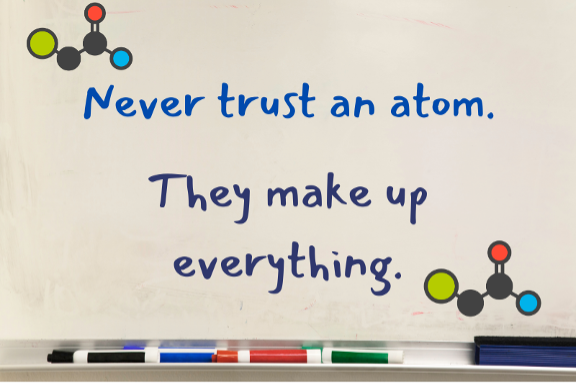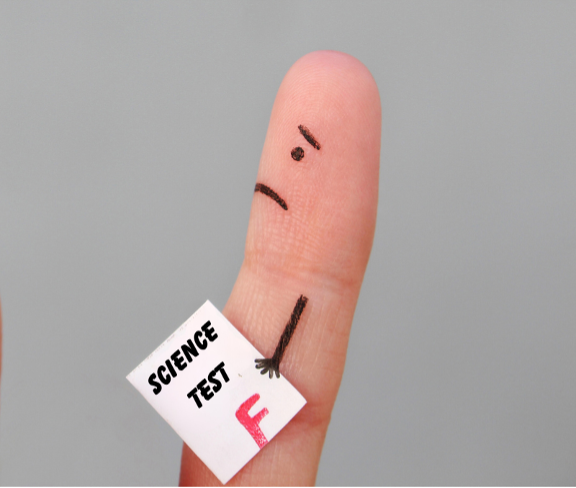Hi there and welcome back! I can’t believe it’s almost the end of December. I’m counting the minutes until winter break. (No school for two whole weeks- yay!)
As I’ve written before, the winter holidays are a great time to think about all the things you’re thankful for—such as how I’m thankful you’re reading this blog. It’s also a great time to reflect on the special people in your life, like your family and friends. But even the closest relationships can sometimes be tricky, especially when competition is involved.
It’s important to remember that a little bit of competition—especially between friends—is normal. It can actually be a good thing, as long as the competition ultimately improves the relationship.
I’ve learned this lesson not only from dealing with Jill, my sore loser big sister, for the past thirteen years (sorry, Jill!), but more recently with my good friend, Jeffrey.
Jeffrey and I both like sports, though he enjoys baseball way more than me. (I’ll always love the excitement of soccer more). In addition to being good at sports, Jeffrey has always been a top student. So much so that I push myself to keep up with him, and vice versa. We’re happy for each other’s successes and don’t usually get jealous of how we do at school. But recently, we ran into a little bump of sorts.

Up and atom
Like most students, some subjects come more naturally to me than others. I work extra hard to do well in the classes that don’t come easy. Take Science, for example.
I like Science, but it’s never been one of my best subjects. Jeffrey, on the other hand, loves Science. It’s always come easily to him.
But this year, there’s a new Science teacher at our school named Mr. B. He is unlike any other teacher I’ve ever had.
Mr. B. doesn’t make you memorize facts and then repeat them back on his tests. Instead, he wants you to figure things out on your own. In class, we’re given a problem to investigate. We then have to use a scientific process to come up with the solution. Sometimes, Mr. B. doesn’t tell us if our answer is correct until later on. He says he just wants to see us apply the principles and ask thoughtful questions to reach our conclusions.
I like this approach because once you understand the topic, you can get really creative in your solutions. Sort of like writing a scientific story. Apparently, my stories are pretty good, and Science has become one of my top classes.
But not everyone has adapted to Mr. B.’s teaching methods like I have. In fact, a bunch of kids are having trouble, including Jeffrey.

So bright, I have to wear shades
Earlier in the school year, we had our first Science test. I only got one question wrong. But, since I got the extra credit correct, I ended up with a perfect score. Several of my friends, including Jeffrey, got a lot of questions wrong. Getting a not-so-great grade was extra shocking to Jeffrey.
“How did you do so well, Noodle? What was your secret?” I was surprised that Jeffrey was asking me about my science skills.
“I don’t know. I sort of just ‘got’ the material.” What I told Jeffrey was true. The materials we were covering in science sort of just clicked in my brain. I didn’t think I had any special science skills.
But as it turns out, maybe I did…
On the next two tests, I got near-perfect scores again. Mr. B. actually called my parents to tell them what a good job I was doing in his class this year. A teacher calling home for something good has never happened before, so we were all surprised. But in a good way.

A humble opinion
I didn’t want Jeffrey to think I was showing off my science skills, so I didn’t tell him about Mr. B.’s phone call. Even though I didn’t say anything about Mr. B.’s call, word somehow got around about my science skills. Jeffrey’s mom and mine are friends, so it wasn’t out of the ordinary for Jeffrey’s mom to call my mother one day.
“I heard that Noodle is doing quite well in science class this year. Congratulations. Poor Jeffrey and a bunch of other students are struggling with Mr. B.’s approach it seems.”
My mom wasn’t sure how she should respond to Jeffrey’s mom. She didn’t want to make Jeffrey, or his mother, feel badly. So, she tried to be diplomatic in what she said.
“We are very proud of Noodle. She has been working extra hard in science this year. But, as a teacher, I can tell you that children respond to different kinds of teaching methods in different ways.”
Later on, my mother explained that she didn’t want to take away from any of my accomplishments; instead, my mom said she was trying to be sensitive to Jeffrey’s and his mom’s feelings. That totally made sense to me. Neither of us needed to be boastful about my science skills.
For a while, Jeffrey and I avoided talking about science. Instead, we focused on the other classes where our grades weren’t an issue.
But then things got a little awkward when it came time for our next science test.
 Making the grade
Making the grade
“A bunch of parents had a meeting with Mr. B. the other day…you know, for those of us without your science skills,” Jeffrey said. “Mr. B.’s offered to meet with anyone for extra help before the exam. My mom is making me go.”
“More time with a teacher can’t be a bad thing, right? Especially if it helps. I’m sure you’re going to do great the next time around.” I wasn’t sure what I should say to Jeffrey.
“I suppose some more time with Mr. B. can’t hurt. Who knows? Maybe I didn’t understand science as well as I thought I did.” I hoped the time with Mr. B. would be helpful to Jeffrey and my classmates. I knew Jeffrey had plenty of science skills, but his grade may not have been reflecting it.
I should point out that how much you know or what you can do isn’t something that can only be represented by a letter or a number grade. Discovering what you enjoy learning, developing your abilities, and working hard (even if you don’t always love the subject) are also important.

Scientists always have solutions
Well, guess what? The extra time with Mr. B. paid off. Jeffrey did well on the next Science test. So did I.
Turns out, we both have science skills.
Soon enough, Jeffrey and I were back to our old ways—competitive at recess and relaxed about classroom stuff. While Jeffrey and I both want to do well, we also want one another to succeed. But I don’t think either of us wants the other person to feel badly or uncomfortable if we don’t get the same results in every class.
If there’s one thing I get from being around Jeffrey—who never seems to get tired of anything—it’s energy.
I’m glad that Jeffrey and I agree that a friendly rivalry is a plus rather than a minus. We both inspire the other to work harder and do better. We’re there for each other, whether we’re at our best or at our worst. And who wouldn’t want to feel supported and appreciated by a friend?
As Mr. B. says, “Getting good grades may motivate you, but that’s only part of the equation. Keep your ‘ion’ the real prize: learning from both your mistakes and your successes is what makes a great student.” (What can I say? He loves science jokes.)
Until next time, be your best you!
Have you ever been competitive about something with a friend? How did you handle it? Please share your stories with me in the comments section.










